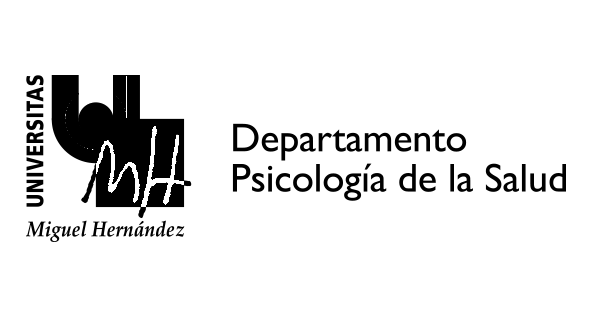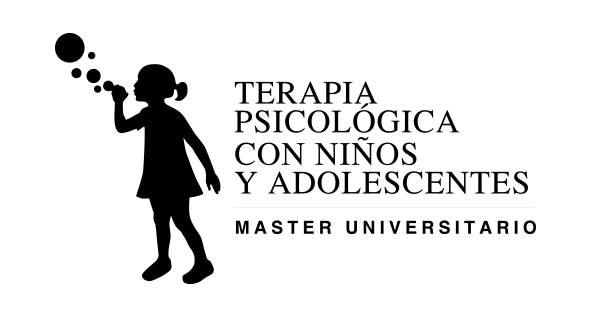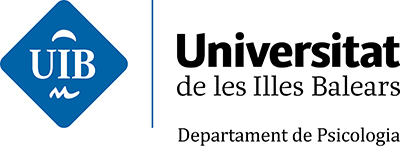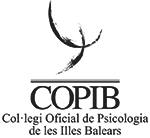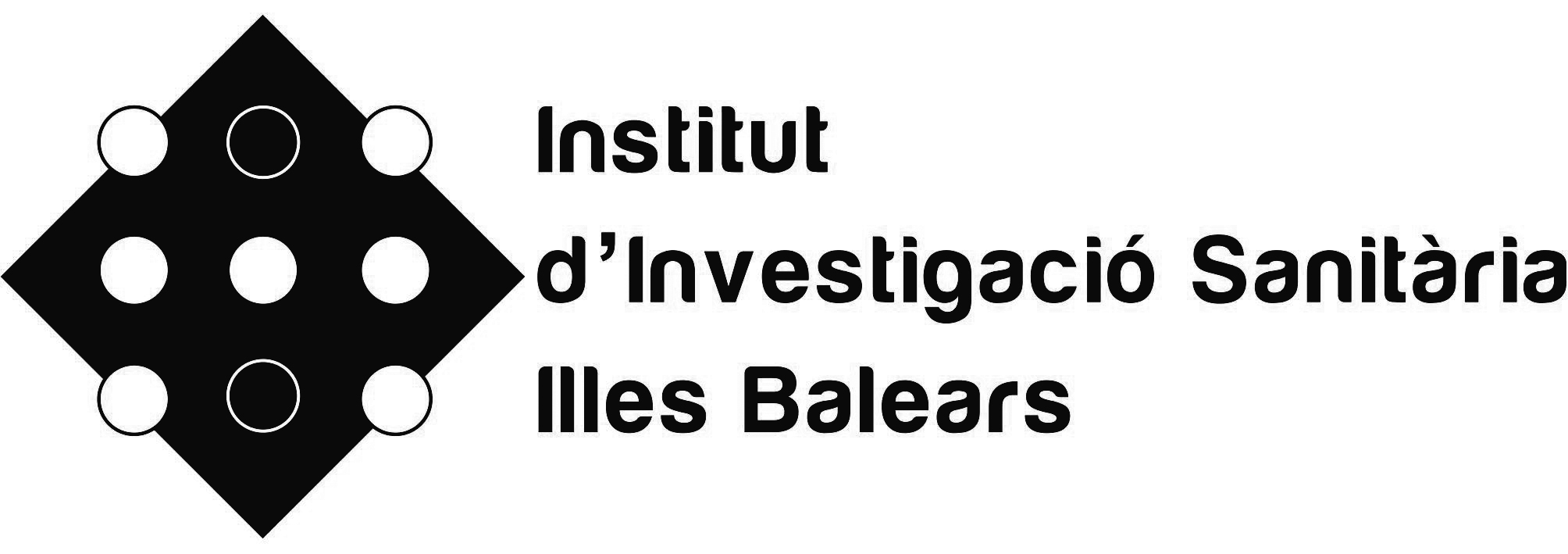Elisa Delvecchio
University of Perugia, Italy
PROTECTIVE FACTORS FOR PSYCHOLOGICAL WELL-BEING IN ADOLESCENCE
Abstract
Adolescence is often considered as a transitional period of changes involving several different areas of life, such as the physical, cognitive, social, affective and psychological domain. During this phase of changes and challenges, youth are at particular risk for developing psychological disorders. This symposium is aimed to focus on risk factors that may threaten psychological well-being in adolescence. The first contribution deepens on the development of Self-concept in Romanian adolescents. More specifically, 480 non-clinical adolescents, 60 with internalizing disorders and 60 with externalizing disorders were assessed trough the Genesis of Self-Perception test in order to establish group, gender as well as age-related differences between and within samples. Moreover, a model for stimulating awareness and integration of Self-concept is presented. The second contribution is aimed to assess the role of life meaning and self-control as protective factors for depressive symptoms in 274 Chinese adolescents. This research proposes that presence of meaning facilitates the exertion of self-control whereas search for meaning precludes the usage of self-control, which in turn links to different levels of depressive symptoms. The third study deals with cyberbullying in Russian adolescents. A total of 294 students were assessed trough the Risk of Bullying questionnaire and an interview on cyberbullying, specifically designed by the authors, in order to compare bully/victim/bystander’s experience in the real and virtual space. The last presentation concerns two studies: the first one examines the influence of poverty and socioeconomical status of parents in the neurodevelopment of children in Ecuador. It shows significant differences in executive function and internalizing-externalizing problems. The second study emphasizes the role of family, friends and school-related variables in predicting substance abuse in Spanish adolescents.
Elisa Delvecchio, Ph.D., is assistant professor in Clinic and Dynamic Psychology at the Department of Philosophy, Social Sciences and Education at the University of Perugia (Italy), where she teaches “General and developmental psychopathology” and “Theories and methods in family assessment and intervention planning”. She is the representative of the international relationships for the psychological field at the University of Perugia. She is the coordinator of the “Psychology and Cultures Lab” at the International Human-being Research Centre (IHRC). Her main research interests focus on the role of personal and interpersonal variables for the prevention and treatment of anxiety and depressive disorders in adolescence adopting a cross-cultural perspective. She is currently running a project aimed to assess the link between psychological well-being and cultural beliefs in adolescents and emerging adults across the world, including Brazil, China, Costa Rica, Russia, US and several European countries. Moreover, she is interested in attachment and its measurement. She has been trained for the Strange Situation Procedure as well as for the Adult Attachment Projective Picture Stimuli. She is involved in the Italian translation and validation of assessment measures (e.g., Adolescent’s self-consciousness; Affect in Play Scale; Separation Anxiety Scale for Children; State-Trait Anxiety Inventory for Children; Rorschach Performance Assessment System). She has authored or coauthored more than 30 articles in international peer reviewed scientific journals. She has clinical experience in the contexts of individual and group therapy with adolescents and adults. She works as a psychologist at the clinical centre of the University of Perugia. She is a member of the Society for Personality Assessment (SPA) and of the Associazione Italiana di Psicologia (Italian Association of Psychology).




